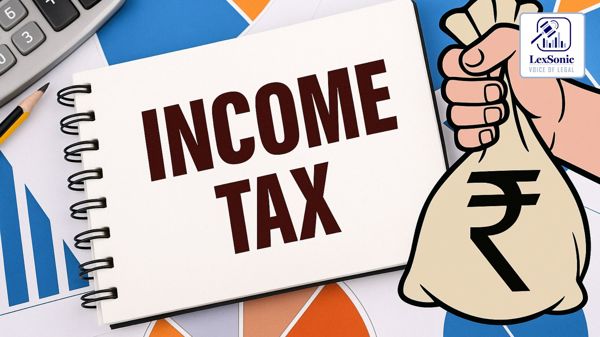Bombay High Court Cancels Tax Assessment Over Lawyer's Failure to Verify Evidence, Cautions Against Blind Reliance on AI.
06 October 2025
Income Tax >> Tax Laws
The Court noted that the total income of the Petitioner had been assessed as Rs. 27.91 crore against returned income of Rs. 3.09 crore. There were two major additions that formed the crux of the dispute: one relating to the alleged bogus purchases from Dhanlaxmi Metal Industries and the other relating to disallowance of unsecured loans from the directors on the basis of a computation of their “peak balance”.

On the issue of unsecured loans, the Court observed that the so-called judicial precedents cited in the Assessment Order were nonexistent, and the addition was made without issuance of any show-cause notice and without disclosing the working to the taxpayer. The Bench severely cautioned against mechanical reliance on artificial intelligence or automated systems for legal reasoning and explained that quasi-judicial authorities have to independently verify citations and facts before relying on electronic data.
Taking note of the above procedural lapses, the Court held that the case clearly warranted interference under Article 226 of the Constitution, notwithstanding the availability of an appellate remedy. The impugned Assessment Order, along with the consequential demand notice and penalty proceedings, was thus quashed. The matter was remanded to the Assessing Officer with directions to issue a fresh show-cause notice, grant adequate opportunity for personal hearing, and pass a reasoned order by December 31, 2025. The Court clarified that it had made no observations on the merits of the additions themselves and left all rights and contentions of both parties open.
The judgment stands as a timely reminder that tax authorities must be vigilant to ensure procedural diligence and fair hearing, and verify carefully before concluding assessments in the faceless regime.
AI in the Courtroom: A Slippery Slope? - We Want to hear from you! Write to us to contribute to the conversation at info.lexsonic@gmail.com
Section 133, Income Tax Act - 1961
